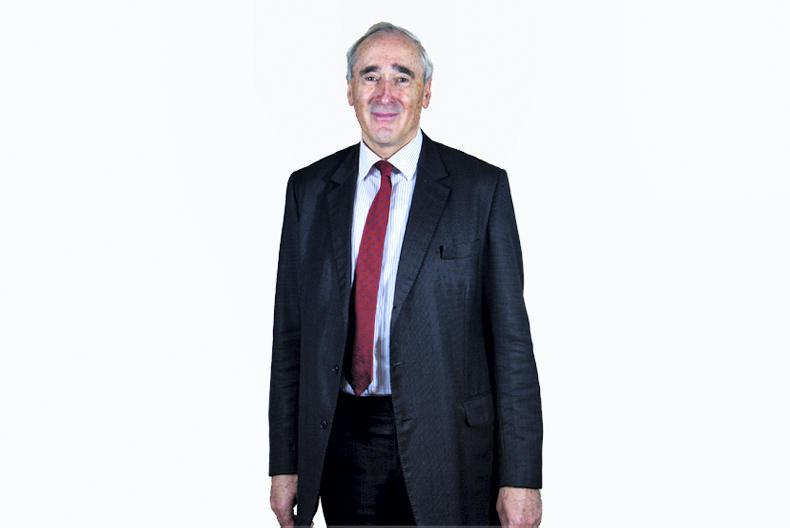So what are we, as a country, really good at and equally important, why are we successful internationally in some key areas? Last week, I was glad to be invited to two very separate events but both represented Irish endeavours at their best.
I was astonished to find almost 400 people attended the Equine Summit held in Newbridge, just beside the Curragh in Co Kildare. As The Irish Field is a sister paper of the Irish Farmers Journal, I was interested to dip into the thinking of the leaders in the sectors – it’s not one sector but at least two, and they are very different.
This is an extraordinary time for the Irish thoroughbred sector. This year Ireland had the first three in the Melbourne Cup – undoubtedly the most important race in the southern hemisphere. Last year, we had (or specifically the Coolmore/Aidan O’Brien combination had) the first three in the Prix de l’Arc de Triomphe, arguably the most important flat race in the northern hemisphere.
What struck me forcibly in Newbridge was the repeated insistence that racing was a part of agriculture and that success in racing was dependent on the same factors that make for success in other branches of farming. In other words, astute breeding, careful routine and husbandry, with good land and climate.
It seems odd to say that a thoroughbred industry that is in sales value terms the second most important in the world after the US should be subject to a possible official prohibition on its normal working practice because of a complaint that staff are working long hours during the busy season – a recognised necessity in normal farming. We will have to wait and see when the finding from the Workplace Relations Commission is handed down.
But while we have scaled extraordinary heights in racing, the sports horse sector has not got the same emphasis on breeding the best to the best as exists in racing. So, while our riders do extremely well, they are in the main riding foreign-bred horses.
I would have thought that the necessary application of genetics as put forward by the former chair of the Irish Horse Board, and, incidentally, head of the Irish Dairy Board, Noel Cawley, would have been self-evident but it’s clear that a new approach is needed if we are to recapture former show-jumping glory.
My second outing was to the 30th birthday of JFC in Tuam. From scratch, John Concannon and family have built an enterprise employing more than 200 people – the bulk of whom are in Tuam.
Based on the objective of making farming more efficient and easier, his products have struck a chord across the world, as have those of his friend and western neighbour McHale of Ballinrobe. Both have made a fundamental difference to thousands of lives. The two sectors combined account for over 40,000 jobs.
A varied week but a common thread of Irish inventiveness and application.






 This is a subscriber-only article
This is a subscriber-only article










SHARING OPTIONS: